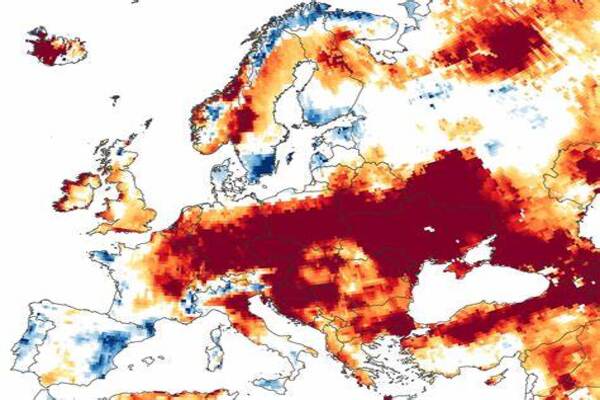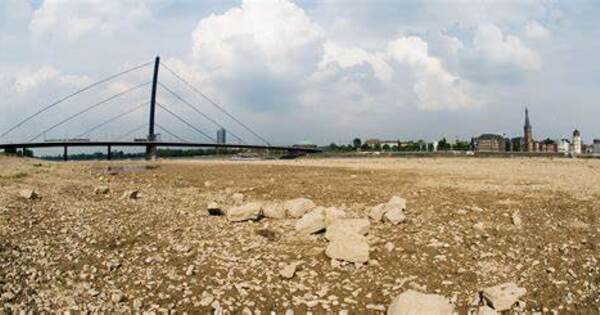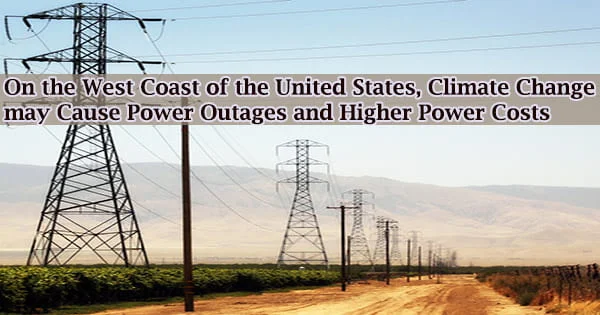According to models, summer rainfall in southern Europe might plummet by up to 48% by 2100 if greenhouse gas emissions continue to rise at their current rate. Rapid climate action might reduce the frequency of devastating dry spells in the Mediterranean by the end of the century, according to a new study.
Advanced computer modelling predicts that summer rainfall in southern Europe might reduce by up to 48% by 2100 if greenhouse gas emissions continue to climb rapidly; however, much of this anticipated decline could be averted by achieving net-zero emissions as soon as possible.
The study, headed by scientists at the University of Reading and published today (Monday, March 25) in Geophysical Research Letters, presents new data to urge accelerated climate action and prevent severe rainfall loss, droughts, and forest fires.
The climate has already warmed so much that some rainfall decrease is unavoidable, but our findings demonstrate that additional summer drying forecast for Europe might be averted.
Dr. Andrea Dittus
Dr Andrea Dittus, the study’s lead author, stated, “The climate has already warmed so much that some rainfall decrease is unavoidable, but our findings demonstrate that additional summer drying forecast for Europe might be averted. Stopping rising global temperatures by decreasing fossil fuel emissions to net-zero levels will prevent the Mediterranean from drying out further.
“We have no time to waste in cutting emissions. If we don’t act rapidly, many countries in the Mediterranean will suffer from a significant lack of rain, with potential major knock-on effects for the UK and elsewhere.”

Slowing global warming
Dr Dittus received a £580,000 grant from the UKRI Natural Environment Research Council in July 2023 to study what a net zero world would look like. Many prior studies have looked at the impact of varying amounts of global warming on the Earth, but examining net zero climates is a relatively new area of research that follows agreements made by world leaders to reduce global warming, such as the 2015 Paris Agreement.
The new study focuses on the influence of stable temperatures in Europe. The researchers emphasize that the rate of global warming is an important element in preventing droughts and extreme dry spells. When temperatures rise rapidly due to unmanaged emissions, rainfall patterns become more intense. But if warming happens more gradually because of strong climate action, the impacts are less severe.
This indicates that government’s efforts to reduce pollution in the next years will have a significant impact on Europe’s future summers. While the scientists’ focus is on Europe, they believe that similar benefits from swift climate action are likely to be seen in other parts of the world.
However, the researchers warn that averting the most devastating consequences depends on achieving significant carbon reductions immediately. The most hopeful futures can only be realized if the world shifts away from fossil fuels as quickly as feasible.
















